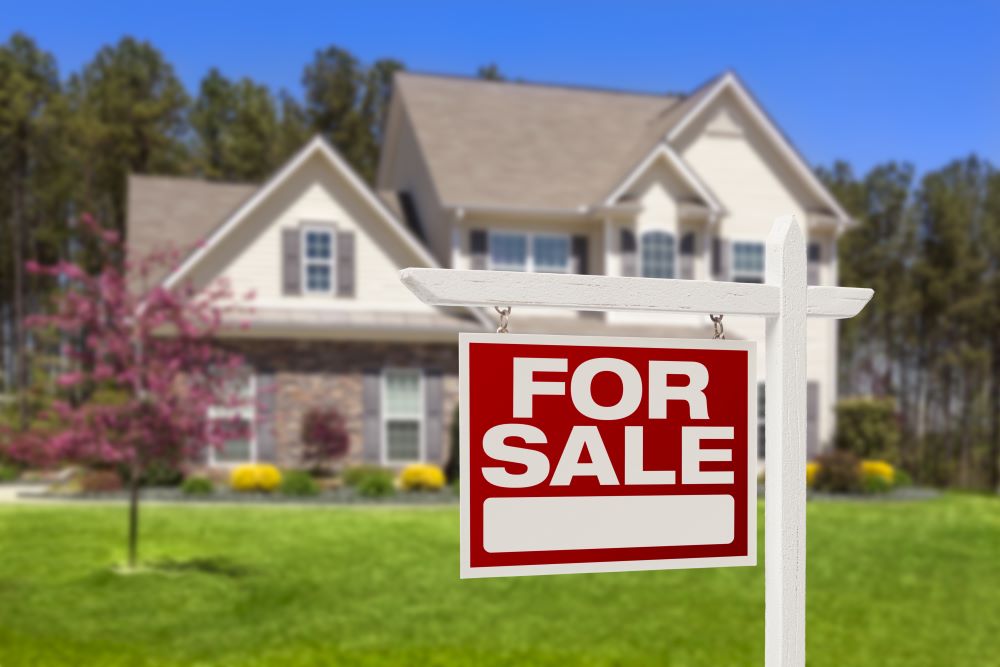Determining the appropriate selling price for your home is a delicate task. You aim to set a high price, but not to the extent that it deters potential buyers. At the same time, you don't want to undervalue your home with a price that's less than what it's worth. The "correct" price aligns with what comparable homes in your area are selling for. This price is one that both you and the buyer believe accurately represents the value of the home. If you have a real estate agent, they can assist in assessing the market and help you avoid overpricing or underpricing your home out of fear. Pay attention to your agent's advice: It's more beneficial to get the price right the first time. Here are three reasons why you should price your home accurately from the beginning, along with strategies for determining the perfect price, whether you're doing it alone or with a seller's agent:
You can draw in more purchasers
Certain sellers might feel inclined to set a price higher than the market value, even if they're open to accepting less, just to test if anyone would bite at the inflated figure. However, such a tactic could prove counterproductive if it puts the house beyond the reach of potential buyers. Let's say your house is valued at $299,000 according to market research, and you're comfortable with selling at that price. However, you set the asking price at $315,000 to check if anyone would bid at this higher price. A committed buyer might have a budget of $299,000 and so would only look at online listings for houses priced up to $300,000. This buyer might not even come across your house unless you reduce your asking price. Therefore, it's more beneficial to price your property correctly from the onset to attract the most number of eligible buyers.
Your home will sell quicker and at a higher price.
In a heated market with a plethora of buyers, a home that's priced reasonably could get multiple offers since people realize it's a great bargain. This might even prompt a bidding war, pushing the final offer above your listed price. However, if a house is overpriced, it could deter potential buyers who might assume that they're dealing with an inflexible seller. Though you may be open to selling your house for a lower price, a buyer might not even consider making an offer if the house is overpriced from the outset. The situation is even more dire in a sluggish market with a scarcity of buyers. The house will remain unsold, with no interested parties until the price is reduced enough to draw in a buyer. This implies that the seller is wasting their time by listing a home at an exaggerated price. According to the National Association of Realtors, if a home remains on the market for more than 30 days, it's a clear sign that it's overpriced. Moreover, studies have shown that the longer a house stays on the market, the lower its ultimate selling price will be. In the end, sellers might make less profit than they would have if they had initially priced the house correctly.
Your property will instill greater confidence in buyers.
You don't want to set your home's price too high or too low. If the price is too low, a potential buyer might suspect there's a hidden issue with the property. By setting a reasonable price for your home, comparable to similar sales in your area, a buyer may feel more confident about the transaction. The buyer might assume that if you've taken the time to accurately price your home, you've also ensured the home is in good condition.
How to determine the selling price of your home
To determine the market value of your property, consider recent sales of similar properties in your vicinity. Your real estate agent can provide an estimate based on these "comps" from their database. It's important to know how long these properties were listed for, and if the sellers had to decrease their initial asking prices to make the sale. Online home estimate websites such as Zillow and Redfin can also be used as a reference. Although these sites may not provide an exact match to your home's true market value, they are often consulted by potential buyers. If their estimates are inaccurate, these sites typically allow you to update information about your property, which may result in a revised estimate. For the best possible offer, it's wise to list your home at its true market value from the moment it goes on sale. Doing so increases your chances of receiving a satisfactory offer within a reasonable timeframe.



